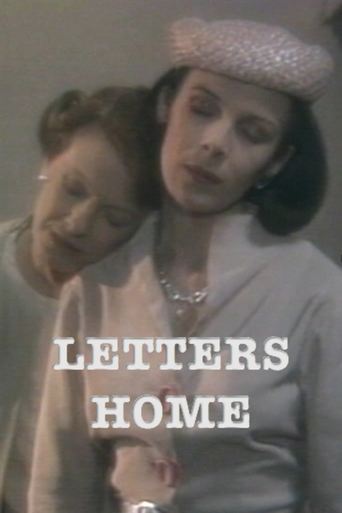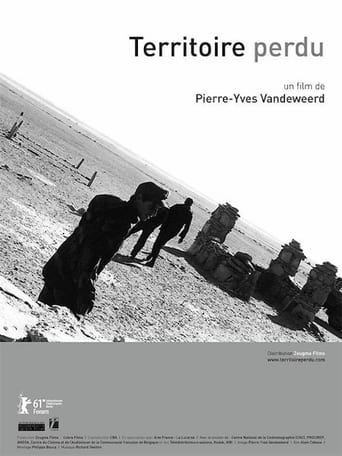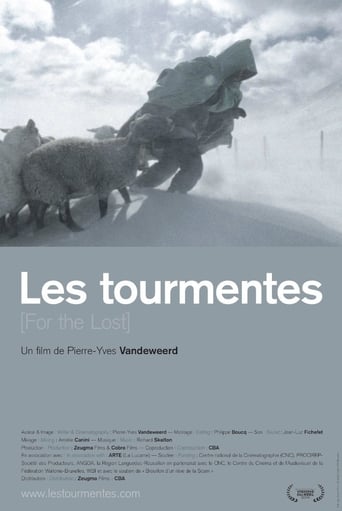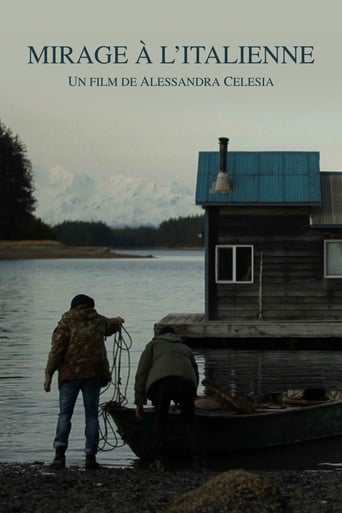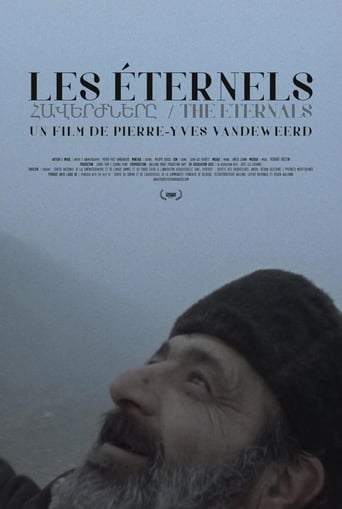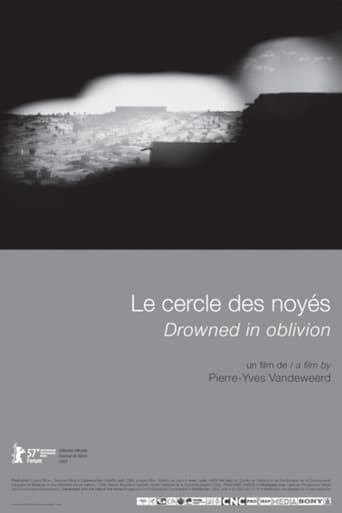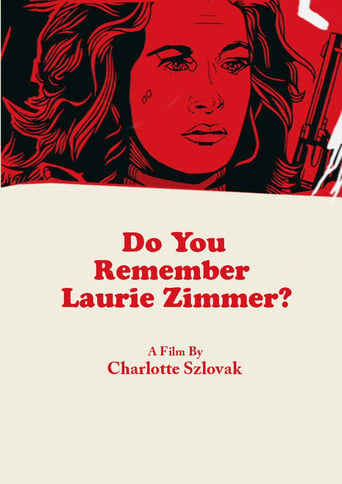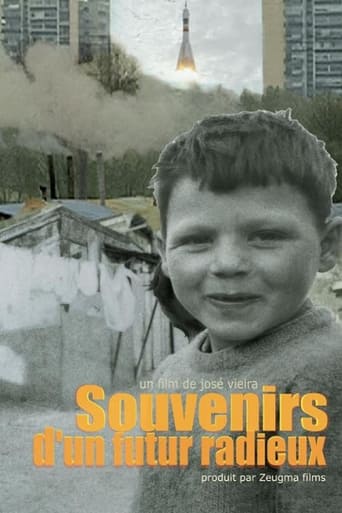Zeugma Films
Letters Home 1986
A filmed adaptation of Rose Leiman Goldemberg’s play, based on Sylvia Plath’s intense correspondence with her mother Aurelia, from the time the poet was in university until her suicide. Delphine Seyrig and her niece Coralie Seyrig recite Sylvia and Aurelia’s letters to the audience directly.
Lost Land 2011
The simplified black-and-white documentary challenges the viewer to hear the story of the Sahrawi people.
For the Lost 2014
Guided by the sheepbells of a flock and by the evocations of the lost, this film is a voyage through storms; those of the mountains and winter, those of bodies and souls, those which remind us that which nature has not obtained from our reason, obtaining from our madness.
Mirage à l'italienne 2012
The Eternals 2017
Human beings who have experienced such a strong shock that they are no longer even afraid of death (as it often happens to genocide survivors) sometimes fall into what is known as a feeling of timelessness or a “melancholy”. They live somewhat “outside” time, a mode of extra-temporal existence, waiting for the day on which they will be freed from their suffering. It is the people — almost ghosts having survived the conflict in Nagorno-Karabakh between Armenians and Azerbaijani that has lasted for almost twenty years — that the filmmaker shows and listens to in his film. Behind them, behind their wandering bodies, behind their frenzies, is what remains of the collapse of the Soviet Union in Caucasus: ruins, uninhabited spaces, tombs, vestiges of war, trenches where soldiers watch for an invisible enemy.
Drowned in Oblivion 2007
Le Cercle des noyés is the name given in Mauritania to black political prisoners imprisoned from 1987 in the old colonial fortress of Oualata. This film touches on the fragile process of unveiling memories by one of these former prisoners who remembers his story and that of his companions. In a visual echo, the places of their confinement come one after another denuded from any traces of that past.
On dirait Nino Ferrer 2004
Nino Ferrer has had several lives: hits that made him famous; a dark but artistically fruitful period; a hidden life -of his own making- breaking away from showbiz. All these facets are concentrated in a brilliant, complex, skinned character. "It looks like Nino Ferrer" is a film rich in international archives (TSR, RTSI, Rai...), rare documents (Super 8 films of the Ferrer family) and even unpublished films (Nino Ferrer as an actor in an advertisement for Italian cheese). The film is also punctuated by the memories of famous musicians such as Manu Dibango as well as by the singer's successes and his live performances (L'Olympia, L'Arche de Noé).
The Dormants 2009
2009 documentary by Pierre-Yves Vandeweerd, set in Belgium, Senegal, the Ardennes and Western Sahara.
Sénac, Jean. Algérien, Poète 2011
Jean Sénac, born in Béni Saf in Algeria in 1926 and died in Algiers in 1973, is today considered one of the great French writers and poets and the only one of his reputation to have accompanied the Algerian revolution before November 1954. part of all the debates and got involved, very early and with immense enthusiasm, in a work of commitment which ended badly. His poetry, his sexual preferences and his political lyricism work against him: rejected as much by the Pieds Noirs as by the FLN activists then by the power in place in Algiers, Jean Sénac was assassinated in 1973 at his home in Algiers, in circumstances never clarified.
Do You Remember Laurie Zimmer? 2003
Whatever happened to this promising young actress from Hollywood? A search for "the woman in the car" through the never-ending suburbia of Los Angeles, where the myth of cinema reigns. A sort of thriller without a corpse.
Who killed Ali Ziri ? 2015
This documentary follows 5 years of struggle for truth and justice after the murder of 69-year-old Ali Ziri by the french police, covered by the judicial institutions.
Souvenirs d'un futur radieux 2014
The film tells the intertwined story of two slums that were built, forty years apart, on the same territory. In Massy, in the southern suburbs of Paris, we lived at a time of economic growth, full employment and promising future. It was the 60s. We are at the beginning of the 2000s. They dwell in a climate of crisis and exclusion. Most of these are Roma and are fleeing a country that rejects them.
Le Pain Que Le Diable A Pétri 2012
Chronicles of rural life, misadventures from the past century, fights one must win to muster misery and resistance against servitude and wage labor in the South of Portugal.

